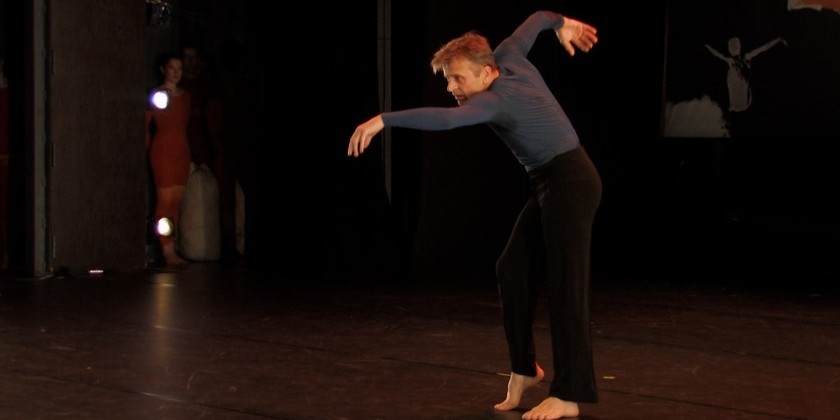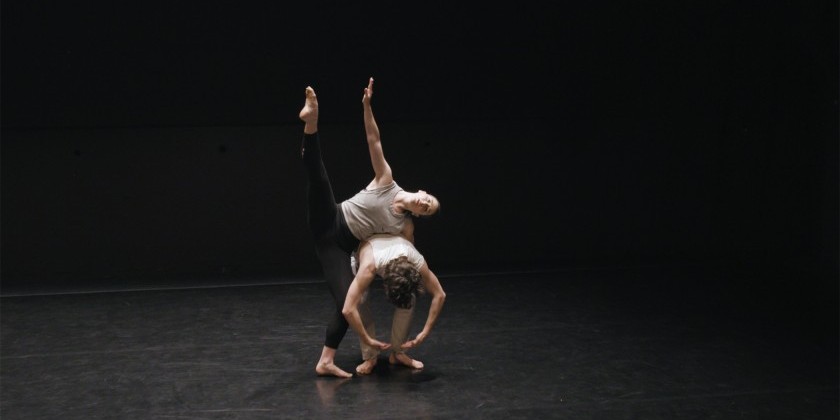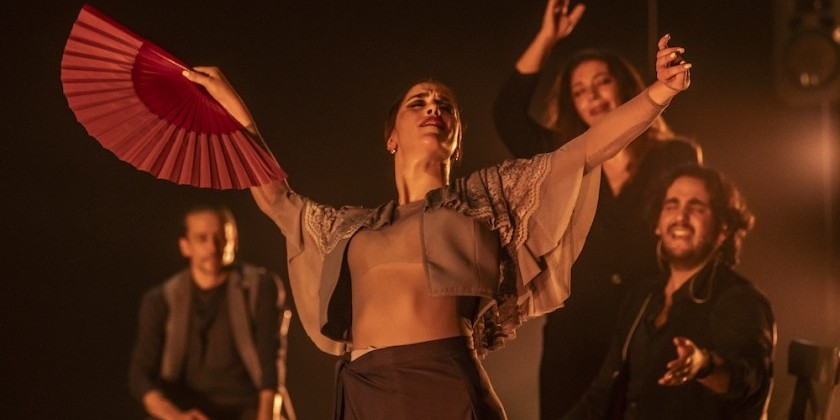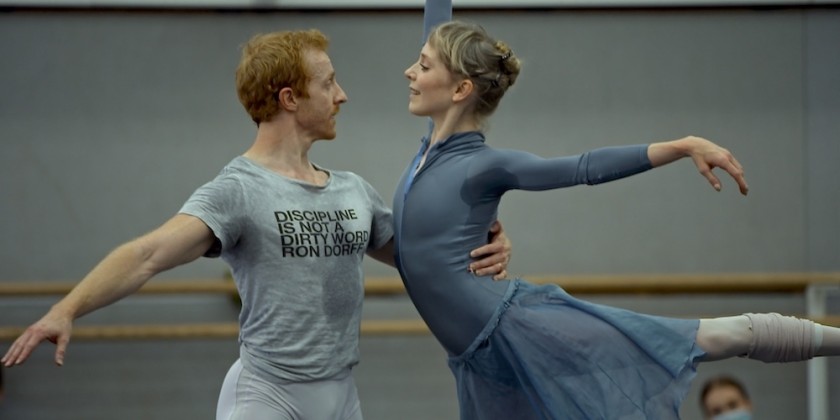The Dance Enthusiast Hits The Streets: 100 Years of Merce Cunningham: A Symposium of Ideas for the Next Century

January 25, 2019
Bruno Walter Auditorium, New York Public Library at Lincoln Center
Think you know everything about Merce Cunningham? Think again!
The Dance Research Fellows at the Jerome Robbins Dance Division at the New York Public Library culminated their six-month fellowship, which began in July 2018, with forty-five minute presentations. This day-long, well-attended symposium included Robert Greskovic’s “Merce Cunningham’s Dances: Things to Remember Them By”; Justin Tornow’s “Cunningham Technique as a Practice of Freedom”; Claire Bishop’s “Pragmatic Expediency: A History of Cunningham’s Events”; Netta Yerushalmy ‘s “Merce and Netta”; Preeti Vasudevan’s “Chance and Chaos”; Reid Bartelme and Harriet Jung’s "Progressing Dance Through Collaboration.” Their perceptions of Cunningham, who died at the age of 90 in 2009, refreshed our sense of the choreographer, his contributions, and his career.

Among the memories from this day, perhaps most surprising, was the presentation by Tornow who argued convincingly that awareness of how Buddhist thought contributed to Cunningham’s approach directly improves your mastery of his technique. A North Carolina native, she is the artistic director COMPANY and teaches a Cunningham based technique course at UNC-Greensboro and Elon University.
NYC-based dancer, Yerushalmy, amusingly imitated Cunningham’s personal movement style, as opposed to his choreographic style. Initially, she lies on her stomach at the stage’s edge, holding a mic, as she read her letter to Merce, peppered with questions, to make us realize how idiosyncratic Cunningham was.

Greskovic, a freelance writer in New York City who writes about dance for the Wall Street Journal, focused on the chronological story of Cunningham’s costumes, which were presented on screen, while pointing out Cunningham's fondness for V necks and how shocking Cunningham’s request for naked legs was in the early years.
Bishop, a professor in the PhD program in Art History at the Graduate Center, City University of New York, pointed out that the lapse in Cunningham’s theatrical bookings in the 70s and 80s. This drove the company to perform in a range of public spaces, which lead to defections by some members who refused to dance on non-resilient surfaces.

Vasudevan, with singer Roopa Mahadevan, performed her classical Indian dance, as influenced by Cunningham. She shared interviews with Indian artists who were astounded by Cunningham’s performance in India in 1964, which had a bicycle suspended in the air, as counterbalanced by the jolt many company members recounted during their first encounter with Indian culture.
Bartelme & Jung closed the day with a discussion of the inventive methods of collaboration Cunningham had with a variety of designers, something this design team hopes to emulate.













